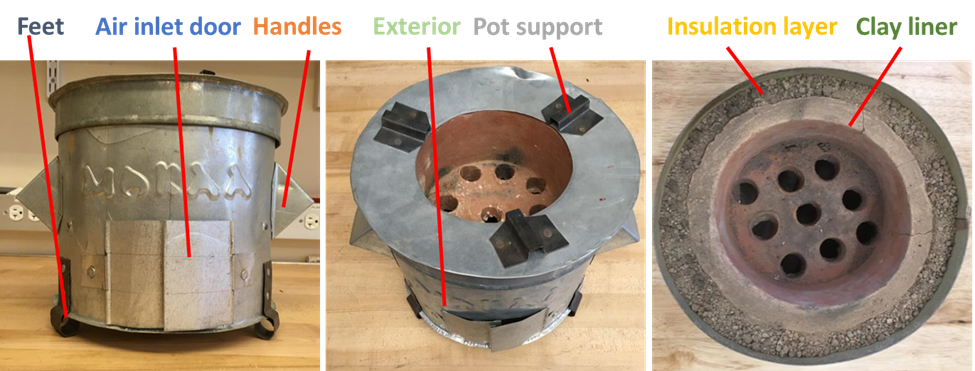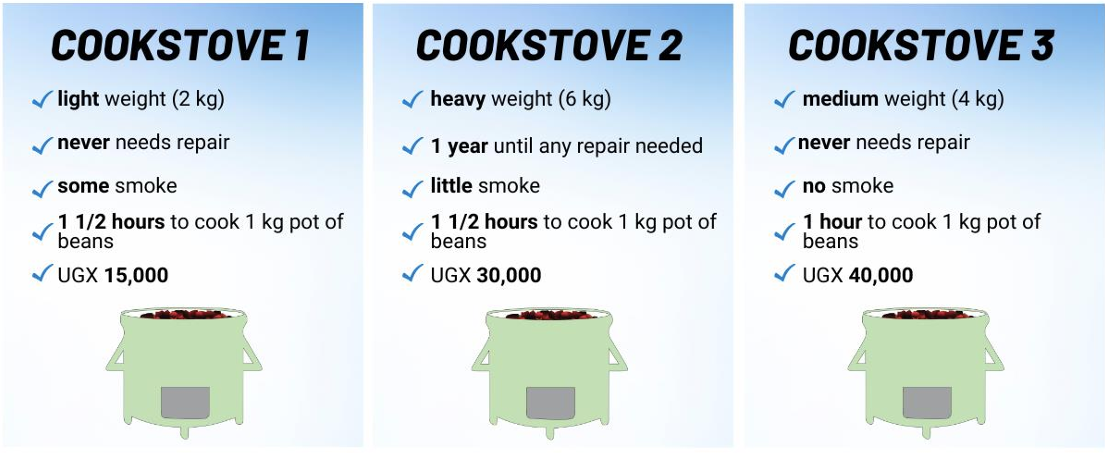This project combines participatory design and computational modeling to develop high-performance household energy technologies for and with people living in poverty. Nearly half the world relies on burning solid fuels like wood, charcoal, dung, and crop residues for household cooking and heating. Lack of access to efficient and clean technologies results in 25% of global black carbon emissions and nearly 4 million deaths per year from exposure to household air pollution. Major efforts to mitigate these negative impacts have fallen short because one-size-fits-all solutions are often not affordable or suitable to local preferences, service delivery is unreliable, and subsidies are unsustainable. Existing products have suffered from an insufficiently rigorous approach to testing how different designs perform or how they could be improved. Consequently, low-income communities continue to use locally-manufactured products that are affordable and suitable, but often inefficient and highly polluting. To respond to these challenges, the team has developed a new hybrid approach, combining participatory design and computational modeling to develop high-performance household energy technologies for and with people in the community. User interviews and surveys were used to understand the user preferences and tradeoffs between user needs. These needs were translated to develop technical specifications that can be used in the computational model to optimize the cookstove design.

Features of Makaa Clean Energy Cookstove

User needs gathered from user interviews, literature, cookstove manufacturers, and researchers
